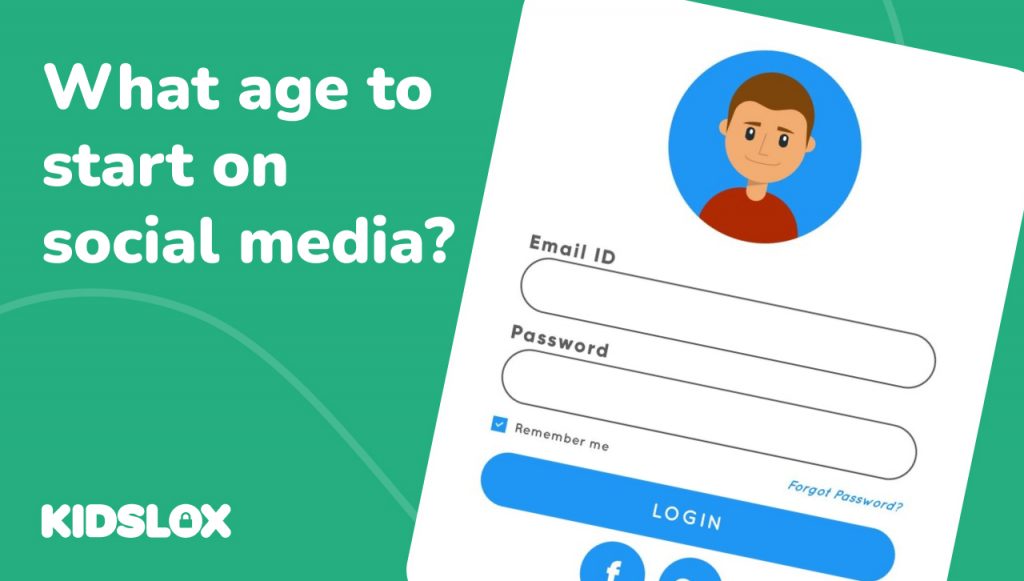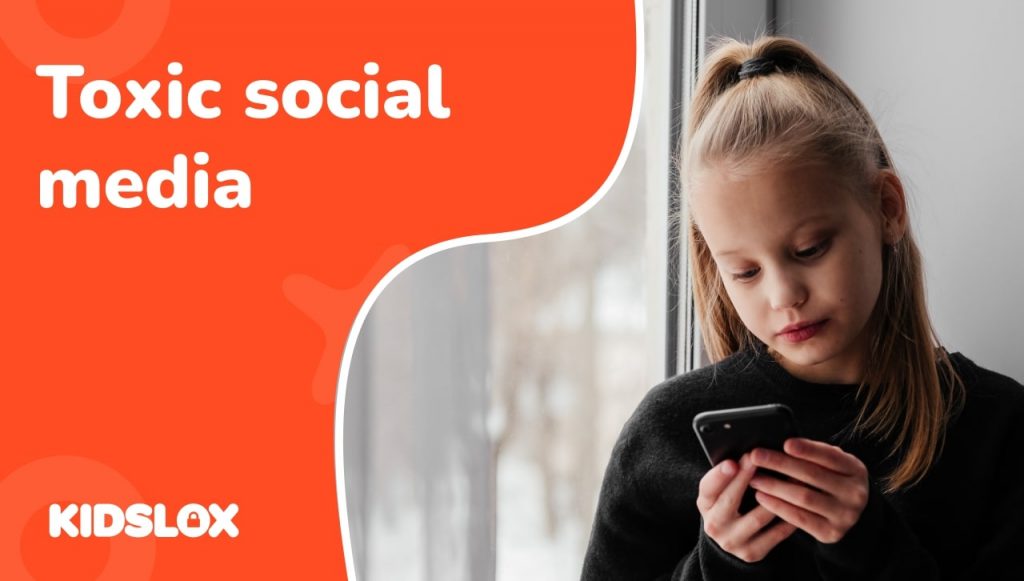Can we ever find the right balance?
Social media has become an inseparable part of our lives, and for teenagers, it can be the centre of their social experiences. However, recent concerns about the impact of social media on young minds have sparked debates around social media age limits.
Australia, for example, is now considering the introduction of stricter age restrictions on social media access for children and teens. This move is part of a broader effort to protect younger users from harmful content and behaviors. But how effective are these age limits, and do they strike the right balance between safeguarding and allowing young people to engage in the online world?
This Guide To will explore the pros and cons of age restrictions on social media, and what sort of approach is best for protecting kids without removing their freedoms and access all together.
Why Some Countries Are Pushing for Age Limits on Social Media
Australia is currently in discussions to introduce stricter social media age restrictions as concerns grow about the influence of these platforms on younger users. The proposed changes would likely include more robust age verification systems and stronger enforcement mechanisms to limit access for children under a certain age. This move comes amid rising fears about how excessive social media use may be affecting young people’s mental health, body image, and exposure to inappropriate content.
The call for social media age limits isn’t new. Platforms like Facebook, Instagram, and TikTok already have a minimum age requirement of 13, but this is largely self-regulated and easy to bypass. Many younger children simply lie about their age when signing up for these platforms, meaning the existing age limits often fail to keep young users out. Australia’s initiative reflects a growing global concern over how to better enforce these limits and prevent teens from accessing harmful material online.
The idea of an age limit is nothing new, in fact the Children’s Online Privacy Protection Act (COPPA), was enacted in 1998 – almost three decades ago (!) – to protect users under 13 by requiring parental consent for data collection. It restricts targeted advertising and aims to safeguard children’s privacy. However, it has faced criticism for being easy to bypass, as many children lie about their age, and it only applies to those under 13, leaving teenagers exposed to the same privacy risks as adults.
While social media age restrictions can help shield younger users from dangerous content, some argue that the solution isn’t so straightforward. As we’ll explore, these restrictions come with both advantages and challenges and finding the perfect balance is tricky.
What are the benefits of enforcing a social media age limit for teens?
There are clear benefits to enforcing age restrictions on social media when it comes to protecting younger children. Many of the arguments for social media bans include:
- Protection from Harm – Let’s face it—young people are especially vulnerable to content that isn’t meant for them. With age limits in place, social media platforms can help reduce the chances of kids and teens stumbling upon harmful stuff like violent content, explicit material, or even predatory behavior. These restrictions can make the online world a safer place for young users, who are still figuring out how to navigate the digital space.
- Mental Health Protection – We’ve all heard about the connection between social media and teen mental health. Studies show that too much screen time can lead to increased anxiety, depression, and even body image issues, particularly for younger users. Limiting access to social media can be one way to help cut down on these risks, giving teens a bit more breathing room from the pressures of online life.
- Online Privacy – Kids and teens often don’t fully grasp what happens to their personal information online. With age restrictions, platforms are more likely to handle young users’ data responsibly, reducing the chances that their info will be misused or exploited.
- Parents’ Peace of Mind– For parents, knowing that there are rules in place can be a huge relief. Age limits give them a little more control over what their kids are exposed to online, making it easier to keep them safe in a digital world that can sometimes feel overwhelming.
While there are definitely benefits to social media age restrictions, they also come with some cons and challenges that we can’t ignore.
- Challenges in Enforcement – The biggest issue? Actually making sure these age limits work. It’s pretty easy for kids to lie about their age when signing up for a social media account. Without solid age verification systems, these rules can feel more like suggestions than actual limits.
- Exclusion from Social Opportunities – Social media isn’t just about scrolling through content; for teens, it’s where they connect with friends and join communities. If we make them wait until a certain age to participate, we risk leaving them out of important social experiences.
- The Digital Literacy Gap – While social media definitely has its downsides, it can be a really key tool for a lot of kids to stay connected. And, it’s often one of the main ways teens learn to navigate the digital world. If we keep them off these platforms for too long, they might miss out on developing crucial digital skills. Blocking access could slow down their ability to use the internet safely and smartly.
- Unregulated Platforms – Here’s another issue: if we lock teens out of the major social media platforms, they might turn to less regulated or underground sites. These places could expose them to even more dangerous content without any of the safeguards the bigger platforms have.
Is 13 too young? When should kids be introduced to social media?
There’s no one-size-fits-all answer to the best age for introducing social media, as it depends on the maturity and readiness of the individual child. Many experts suggest that around age 13 is a reasonable starting point, as it’s the minimum age set by most platforms and aligns with key developmental milestones. At this age, kids are generally better equipped to understand the potential risks of social media and can start learning how to navigate it responsibly, especially with guidance from parents.
Figuring out if your child is ready for social media can be tricky, but here are a few things to keep in mind:
- Maturity Level: Can your child handle criticism or negativity without getting too down? Social media can sometimes bring harsh comments, so it’s important they can take it in stride.
- Understanding of Privacy: Do they get why keeping personal info private is a big deal? Before diving into social media, they should know what’s safe to share and what should stay off the internet, like where they live or anything too personal.
- Ability to Follow Rules: Is your child good at sticking to rules, whether at home or school? Social media has its own set of guidelines and safety rules, and they’ll need to be responsible enough to follow them.
- Communication Skills: Are they open with you about what’s happening in their world? It’s important that your child feels comfortable coming to you if they run into issues online, like bullying or seeing something inappropriate.
- Time Management: Can they balance their time between school, friends, and hobbies without getting glued to their phone? If they can manage screen time well, it’s a sign they might be ready.
- Critical Thinking: Can they tell the difference between real and fake information online? A bit of media savvy is important so they don’t get fooled by misinformation or fall for the wrong types of content.
These pointers can help you decide if your child is ready to navigate the world of social media. It’s all about making sure they’re prepared to handle both the fun and the challenges.
Striking the Right Balance – What’s the Solution?
While social media age limits may help mitigate some risks, they are far from a perfect solution. By combining digital parenting with education and legislation we can take a more holistic approach to this complex issue. For example,
- Stricter Age Verification – One way to improve the enforcement of social media age restrictions is through more robust age verification systems. Using government-issued IDs or AI-based technologies could help ensure that young users are genuinely the age they claim to be.
- Parental Control Tools – Social media platforms should continue to develop and promote tools that allow parents to monitor and limit their children’s online activities. By enabling parents to set boundaries, these tools can help create a safer online environment for teens.
- Digital Literacy Education – Rather than simply relying on restrictions, we should be teaching teens how to use social media safely and responsibly. Digital literacy education can empower young users to navigate the internet thoughtfully, protecting themselves from potential risks.
- Collaboration Between Governments and Platforms – Finally, governments and social media companies must work together to create environments that are safe yet inclusive for teens. Striking the right balance between protection and access is essential for ensuring the well-being of young users in the digital age.
The debate over social media age limits is a complex one, and there’s no one-size-fits-all solution. While it’s clear that protecting teens from the potential harms of social media is crucial, imposing strict age restrictions may not be the most effective answer. A more nuanced approach—one that combines education, parental oversight, and smarter enforcement—might be the best way forward.





